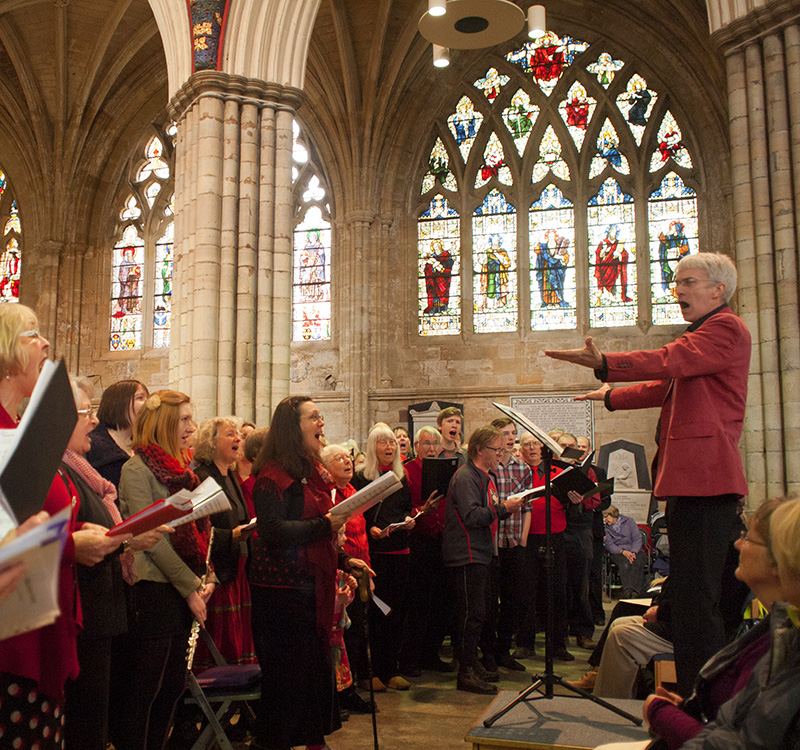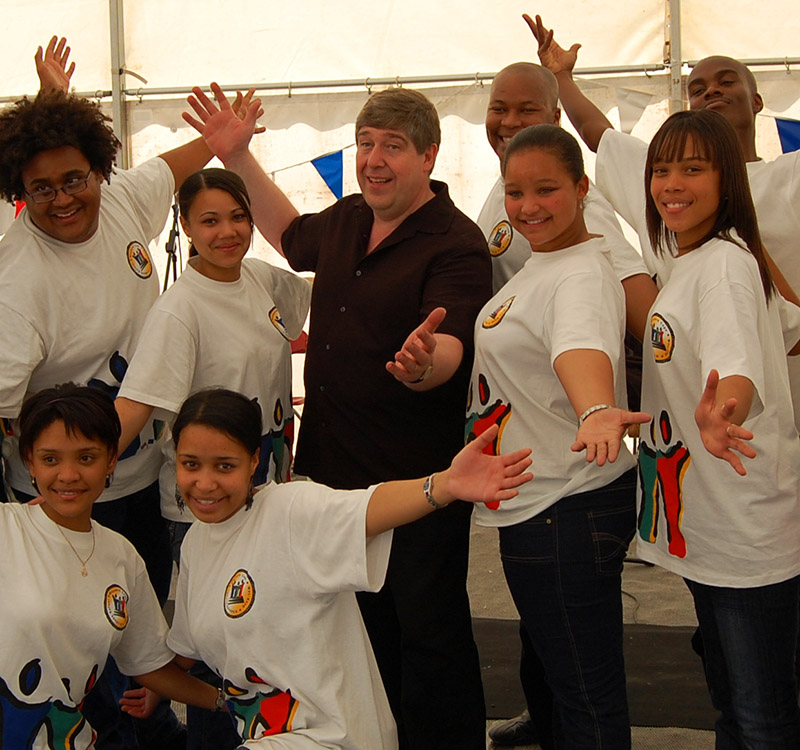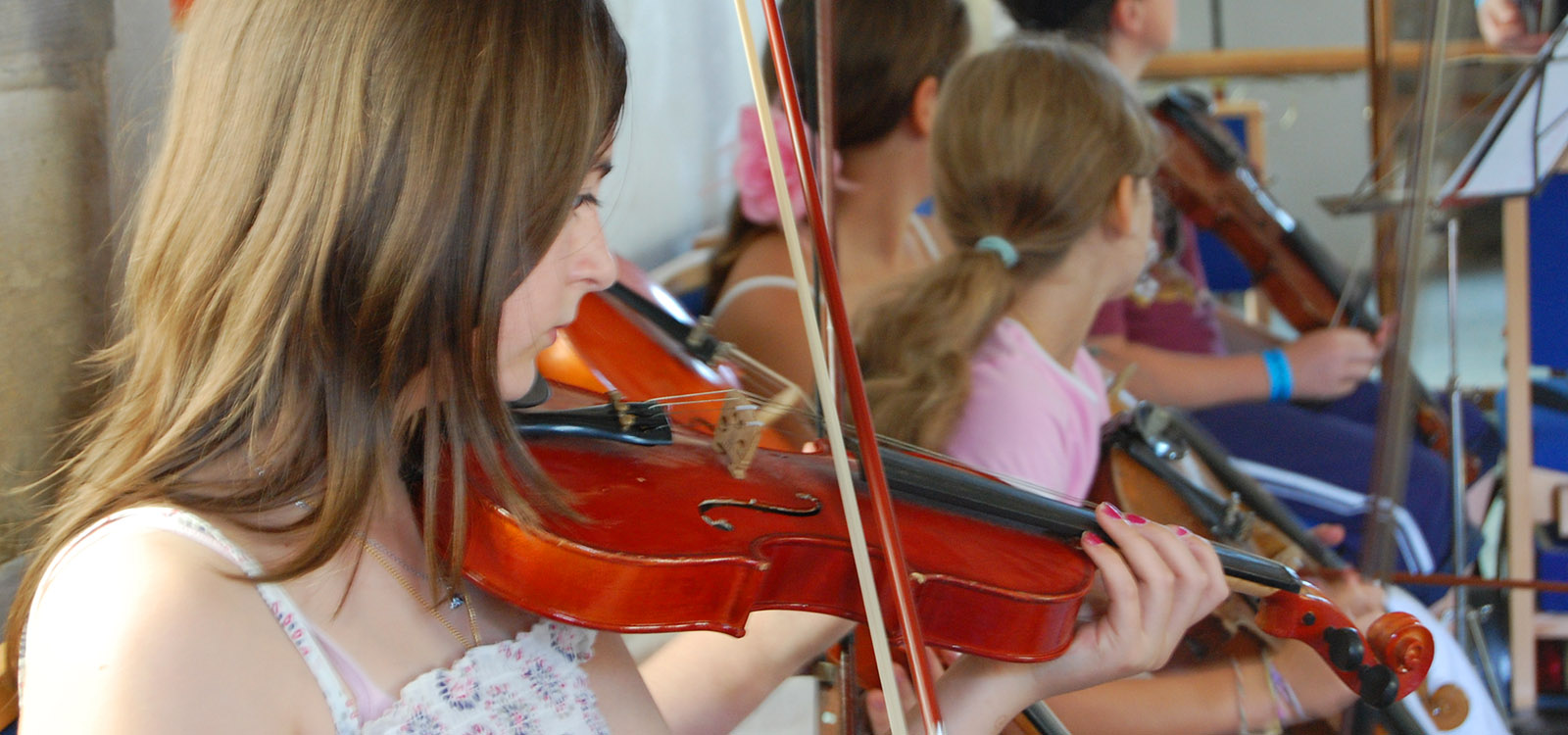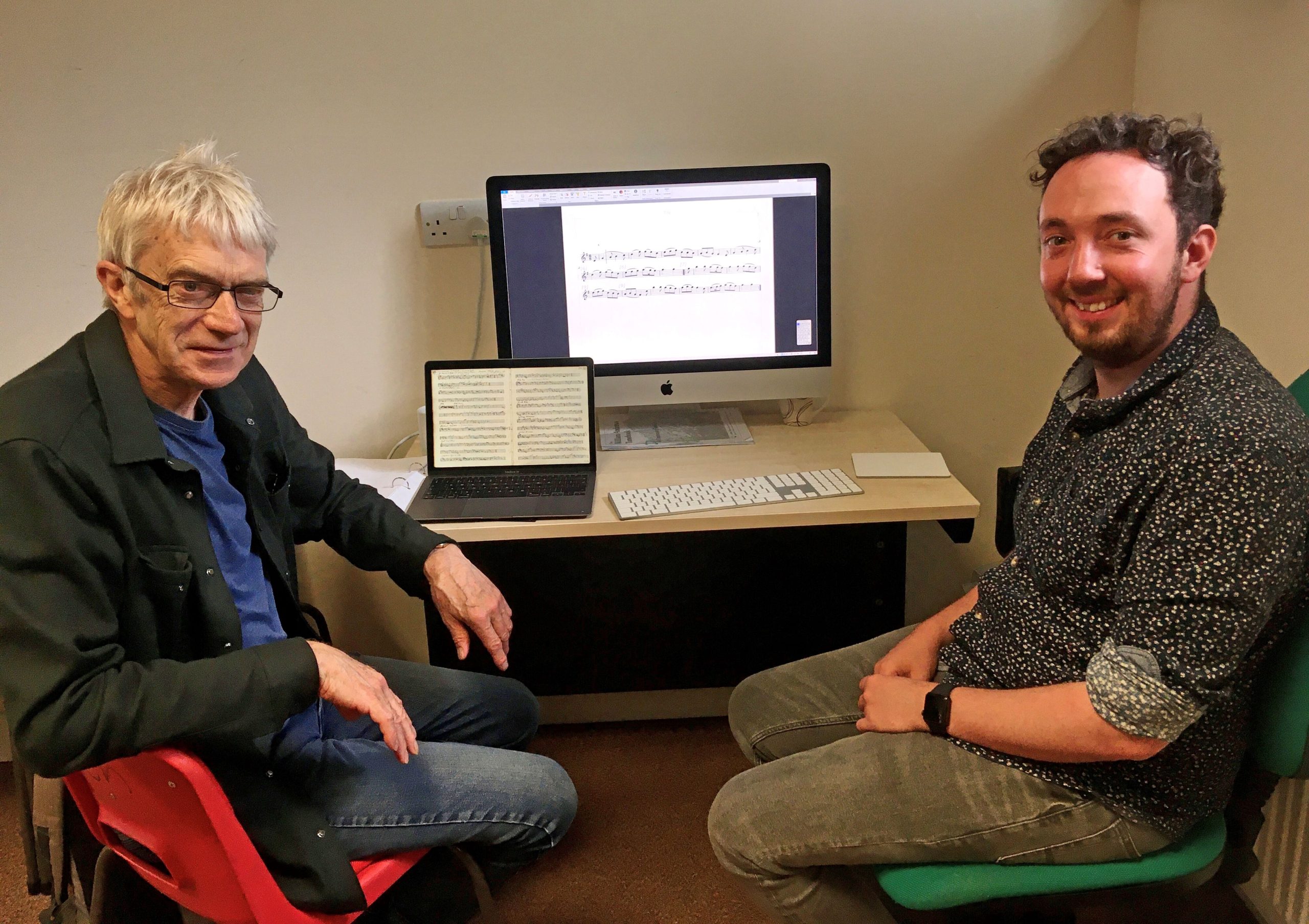Twenty-nine traditional folk tunes that were collected from a 19th century musician who lived on Dartmoor are to get a fresh lease of life with the publication of a second edition tune-book by Wren Music.
William Andrews, who became known as The Dartmoor Fiddler, was a humble farmer from Hellingtown at Sheepstor. He was also a skilled musician and he used to play tunes at local inns and at special occasions and dances.
It’s thought he probably learnt the tunes by ear and noted them down in manuscripts of sheet music. They might never have seen the light of day in the folk music world, had he not received two visits from the famous song collector and hymn-writer, Reverend Sabine Baring-Gould, who also lived in Devon, at Lewtrenchard.
Born in 1805, William was in his late 80s when Baring-Gould visited him in 1890 and 1892 and collected 29 of his tunes. They formed part of Baring-Gould’s collection, much of which was stored away until being rediscovered by Wren Music in the 1990s.
Wren Music used the manuscripts to produce a William Andrews tune-book, but it sold out a few years ago. The new tune-book is to be launched at our 40th anniversary celebrations at Exeter Phoenix on 29 July, when we take over the venue for a full day of events. The second edition has an introduction written by fiddle player John Dipper, and the 12.30-1pm launch will have some tunes demonstrated by local fiddle player Ben VanWeede.
Paul Wilson from Wren Music said: “So much about the William Andrews story is quite extraordinary. There he was, living in a remote, far-flung part of rural Dartmoor, and he became so well known that Baring-Gould is known to have visited him twice.
“We believe that not much was collected on the first visit, but on the second visit, William played the tunes to Baring-Gould and Frederick Bussell, who accompanied Baring-Gould to help him note down the tunes.
“William had time to play 29 tunes, which was quite something for a man of his years, but in fact there were many more tunes he could have played as well. He had a net of sheet music hanging from the ceiling in his front room. We don’t know what he had hanging in the net, but my guess would be bits of printed material along with handwritten – maybe a mix of hymns, songs, carols and folk tunes. I’d love to know what happened to all the manuscripts that were stored.
“They also had to cut short their time because the local vicar popped in and invited Baring-Gould to tea, and Baring-Gould felt obliged to accept the invitation. Baring-Gould later wrote that when he and Bussell walked past William’s house an hour later, on the way to catch the train back, they could hear William still playing the fiddle.”
Some of the William Andrews tunes almost certainly have their origins in the south west; others will have been from Scotland and other regions of England: “For me, the William Andrews collection is very special,” said Paul. “It’s one of the few collections from Dartmoor from the 19th century – that we know of – and it gives us a snapshot of some fabulous people’s music from that place and time.
“There are accounts of young people singing to the tunes to accompany their dancing, but William apparently said he never knew the words they put to the tunes because he was too busy concentrating on his playing. He was clearly an accomplished fiddler because he was playing in keys such as Bb and F, which you can’t do if you’re not a good musician.”
Some of the tunes are now well-known in folk circles, the most famous one being Old Adam, which has been performed and recorded by different bands.
Baring-Gould spent years visiting hamlets in Devon and Cornwall, collecting songs and tunes from the mouths – and fiddles – of local people, for his Songs of the West project. Many of his manuscripts – including the William Andrews collection – were gathering dust in storage at the National Trust’s Killerton House in East Devon until a chance remark brought them to light: “We were at Killerton in 1989 making a live recording of Songs of the West for a CD, and during a tea break, the curator mentioned they had some of Baring-Gould’s old manuscripts. There were three huge folders of pages – sorting them all out was a bit like putting a jigsaw together.”
The William Andrews sheets were discovered within the ‘jigsaw’ in 1990. “He has certainly provided us with a wonderful collection of tunes which sits very well alongside the Irish and Scottish compendiums.”
“The new book will help to get the William Andrews collection out there again and get more people playing the tunes, which is fantastic.”
https://www.wrenmusic.co.uk/event/folk-takeover-tunebook
About Wren Music:
Wren Music celebrates its 40th anniversary in July 2023. Over the years, the charity has created an archive of collected West Country folk songs dating back hundreds of years. Wren Music is run by professional singers and musicians and has community orchestras and choirs across Devon. It also delivers music projects with communities and vulnerable groups such as cared-for children and residents in care homes.




